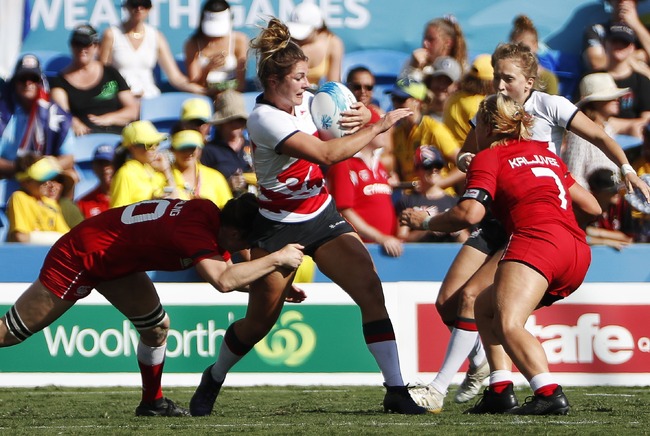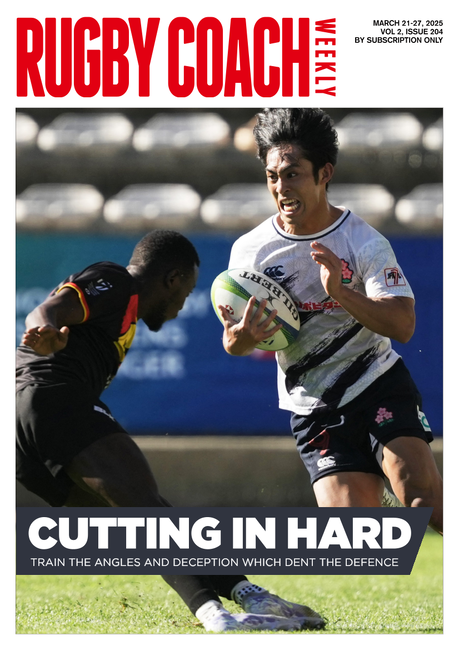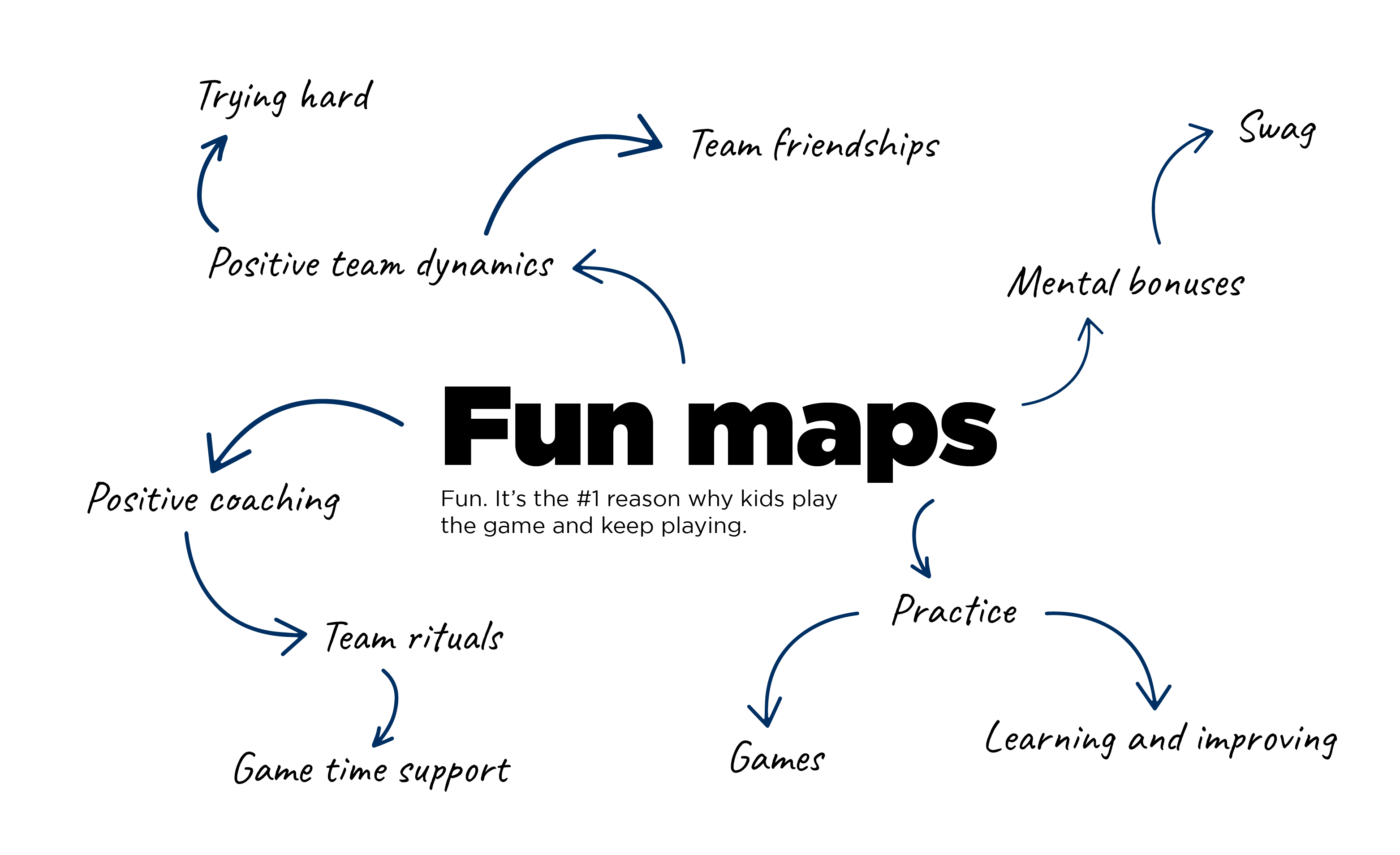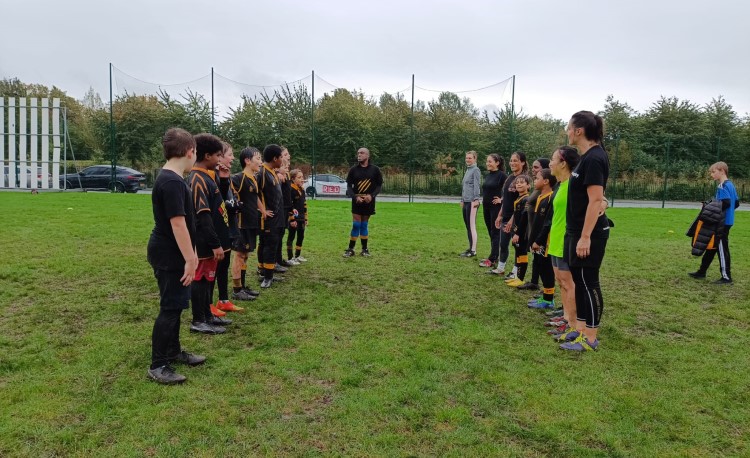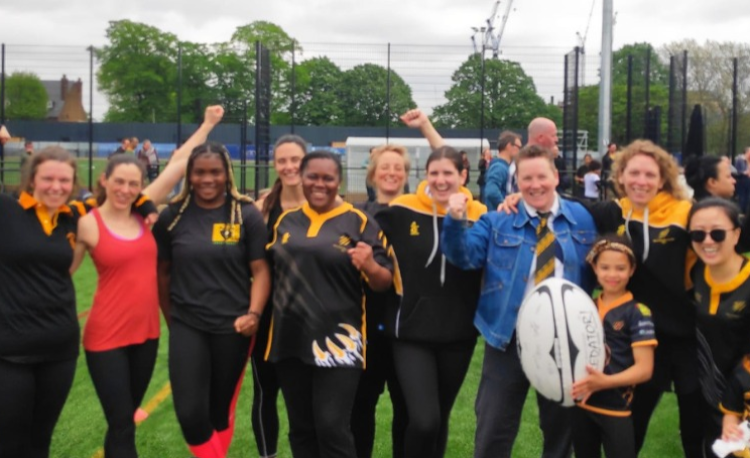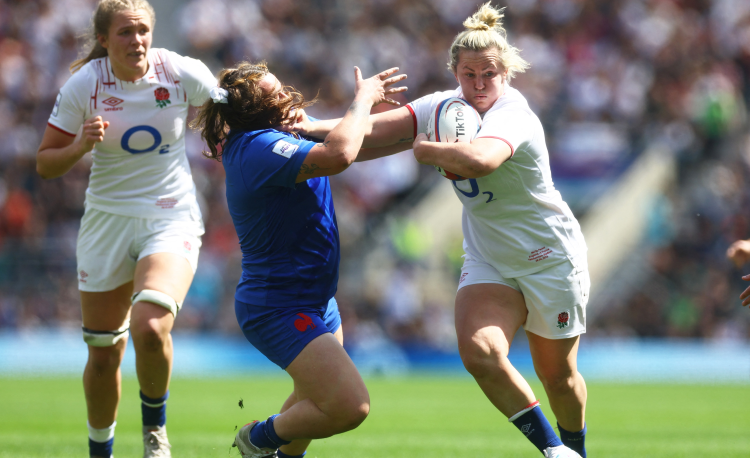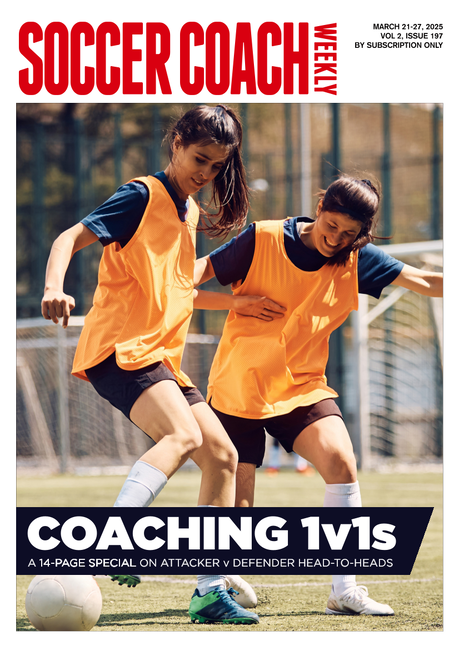Get your players mentally fit
By performance psychologist Tom Hodgins who’s worked with Northampton Saints, Bath and England women 7s
During numerous covid lockdowns mental health has suffered but more people are talking about how to become more mentally fit.
Using tools for a team’s mental health has also been seen on television recently in the men’s Premiership. You can see teams have been taking a collective breath in their huddles.
Coaches and players can become more aware of mental health and give it equal importance as tactical and technical within matches and training sessions.
The key is personalising any approach.
Here are some key guidelines on how to coach a mentally active team.
MENTAL HEALTH SPACE
I worked with England Women’s 7s for three and a half years and during that time I was fully embedded within the team and I felt I was quite protected in my role.
Instead of always being in an office far away from the coaching team, I would be given an hour every week to work on individual and team mental skills. We put a lot of emphasis on the culture and the team dynamics.
We were having really powerful conversations. I often ran a group session alongside the coach and sometimes it was just myself and the players. I also did 1-2-1s, which could help provide insight into how the players were feeling at coaches’ meetings if the players were ok with me discussing it outside of the room.
The role within the 7s set-up was one of the best jobs I’ve had because I felt a part of the team and could contribute like another coach.
The collective mental skills work was done within these group sessions. It was often codesigned with the coach and the aim was trying to get the girls to understand each other.
We might ask questions about how the team would approach dealing with a maverick player. Everyone has different opinions and it’s through the sharing of those opinions that the team culture was formed, the players all began to understand each other.
There’s real value in sitting and doing a 1-2-1 session, but if we’re talking about mental skills that people use on the pitch, one of the best ways to develop it is outside.
We might talk about refocusing or handling pressure. Just like kicking, the best way to develop a skill is out on the pitch.
I helped coaches design sessions on how to put players under pressure and really test them, so that they are prepared for match-day pressure.
In a session where there’s a lot of running and contact players are being physically tested, I worked with the coaches to put the players under cognitive stress as well.
Coaches are so focused on the tactical and technical side of sport that sometimes mental skills are underdeveloped.
Mental skills can be the difference in a game and ultimately, it’s about creating mentally healthier athletes.
Questions to get players thinking about mental fitness
- How does it feel when you’re under pressure in a game?
- How could we improve our mental fitness in team huddles?
- What went well this week in and outside of training?
- What didn’t go well this week in and outside of training?
- On a scale of 1-10, where was your confidence in that drill?
- What would have made it higher?
- Why wasn’t it lower?
- When was your confidence/focus at its best in tonight’s session? Why was that?
CONNECT
If you want to find out more:
Tom Hodgins
Twitter @thpsychology_
Dr Coleen Hacker, worked as a mental skills coach and Performance Psychology Specialist for the U.S.A at five Olympics.
Twitter: @DrColleenHacker
Aaron Walsh, mental skills coach for Chiefs Rugby, LinkedIn contact
Newsletter Sign Up
Coaches Testimonials

Gerald Kearney, Downtown Las Vegas Soccer Club

Paul Butler, Florida, USA

Rick Shields, Springboro, USA

Tony Green, Pierrefonds Titans, Quebec, Canada
Subscribe Today
Be a more effective, more successful rugby coach
In a recent survey 89% of subscribers said Rugby Coach Weekly makes them more confident, 91% said Rugby Coach Weekly makes them a more effective coach and 93% said Rugby Coach Weekly makes them more inspired.
Get Weekly Inspiration
All the latest techniques and approaches
Rugby Coach Weekly offers proven and easy to use rugby drills, coaching sessions, practice plans, small-sided games, warm-ups, training tips and advice.
We've been at the cutting edge of rugby coaching since we launched in 2005, creating resources for the grassroots youth coach, following best practice from around the world and insights from the professional game.
